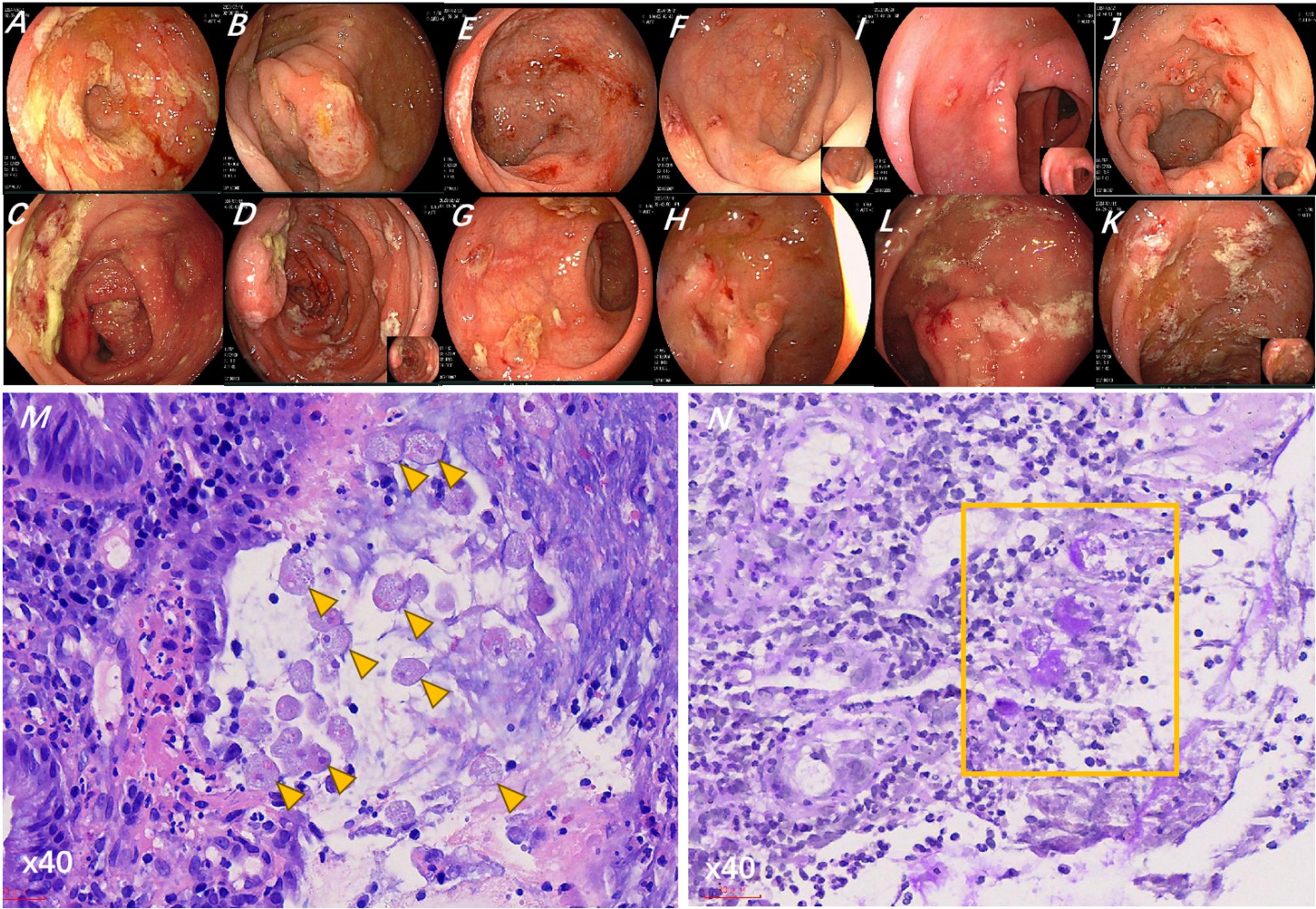Chief complaints
As shown in Table 1, all 12 patients were male, and no female patients were included in the study, with a mean age of 35.08 years (SD ± 5.76). The predominant clinical symptoms included diarrhea (75%), bloody stools (58.3%),…

As shown in Table 1, all 12 patients were male, and no female patients were included in the study, with a mean age of 35.08 years (SD ± 5.76). The predominant clinical symptoms included diarrhea (75%), bloody stools (58.3%),…